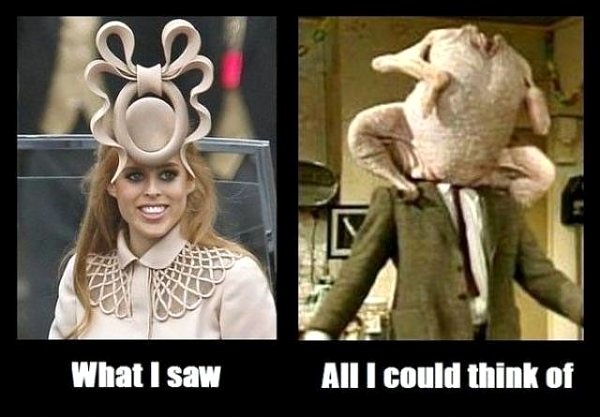"One good analogy is worth three hours discussion."
-Dudley Field Malone
The Analogy Theory of cognition is an attempt to explain how information is gained, processed, and understood by the mind. It is the view that all knowledge is acquired by learning certain concepts and then comparing them to previously acquired knowledge in order to gain understanding about them or to make decisions using them. This view is espoused by Douglas Hofstadter, professor of cognitive science at Indiana University, and he is its most prominent apologist. Hofstadter asserts that analogy-making is the perception of common essence between two things, and that this perception serves as the basis for all understanding.
Analogy-making is usually regarded as a method of reasoning, merely a small part of the whole of cognition; as Hofstadter joked, most scientists consider it the "Delaware of Cognition". However, he claims that it has little to do with reasoning but rather serves as the mechanismby which cognition works. Hofstadter posits that cognition is the process of categorizing different concepts, and this is achieved by analogy.

According to the Analogy Theory, there is no fundamental difference between a "single memory trace" and a "category" or "concept". Chunking allows for entire categories to become individual concepts. In other words, proper nouns (Mecca) can become concepts (a mecca for tourists). This way, meaning can be derived from specific instances and applied to other things.
Repeated analogies expand concepts. For example, when we begin learning about numbers at a young age, we are first introduced to the concept of integers. Later, we build upon that concept when learning about fractions, and later negative numbers, and then irrational numbers represented by non-numerical symbols, etc. One makes associations between concepts previously learned about and the new material in order to comprehend it.
One way that Hofstadter defends this view is by putting forth two riddles: "Why do babies not remember events that happen to them?" and "Why does each new year seem to pass faster than the one before?" The answer to the first, according to the Analogy Theory, is that because babies have no prior knowledge to which to compare newly learned concepts they have no way of framing events; it would be like trying to figure out how a room is organized by looking at it through a key hole. The answer to the second question is that as time goes on and the larger a person's repertoire of concepts becomes, patterns of events become more commonplace and vanish from perception.

External Links
- Analogy as the Core of Cognition The initial essay that puts for the Analogy Theory.
- Lecture by Hofstadter on Analogy as the Core of Cognition (Video) A lecture given at Stanford about the theory.
- The Role of Analogy-Making in Learning (Powerpoint) A powerpoint about how analogy-making is used.
- Analogical Reasoning: a Core of Cognition An overview of analogical reasoning.
- Fluid Analogies Research Group The research group at Indiana University that Hofstadter presides over.
- The Place of Analogy in Cognition An explanation of the role of analogy.
- Predictive Analogy and Cognition (low quality scan) A study on analogy.
- Analogous Models of Complexity Economist Frederich Hayek's views on cognition.
- Analogical Thinking A definition of analogical thinking.
- Copycat Software developed by the FARG and Hofstadter to model analogy-making and mental fluidity.
This page was created by Ross Tripi.
Comments (0)
You don't have permission to comment on this page.